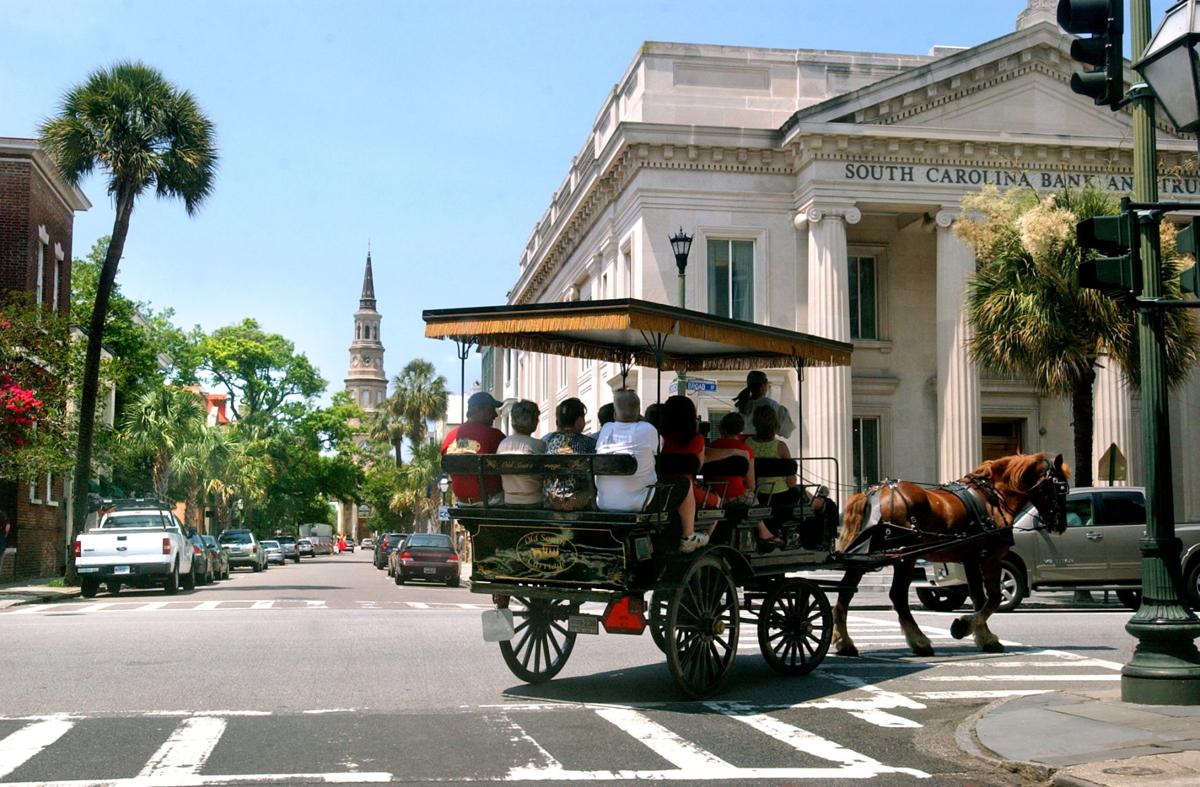
Charleston Locals Believe the Economy Is Improving
Charleston Market Report – Charleston economy improving are showing growing confidence in their local economy. In a recent survey conducted by Charleston economy improving at the end of March 2025, a majority of respondents expressed belief that the city’s economic outlook is on the mend with clear signs of promising growth.
Amid global uncertainty and national market fluctuations, Charleston economy improving is emerging as a region with remarkable economic resilience. From local entrepreneurs to investors and residents, many are noticing new opportunities across key sectors like real estate, logistics, and the creative economy. This article dives deep into the survey results and explores why Charleston is quickly becoming a hotspot for sustainable growth and strategic investment.
Read More : Is This the Best Digiturk Drama 2025? Here’s What Fans Are Saying
Just a year ago, uncertainty still lingered over Charleston’s post-pandemic economy. Inflation was biting, housing costs were climbing, and job security was a concern. Fast-forward to today, and a different narrative is emerging.
In a recent independent pulse poll conducted by the Charleston Market Report, nearly 72% of residents stated they feel “more secure” in their financial future than they did six months ago. Even more telling, 78% believe the city’s economic prospects are improving at a pace they didn’t expect.
Unlike traditional economic data, this kind of sentiment tells a human story. It’s about confidence returning to the community. It’s about small wins—like a new café opening in a previously shuttered space, or construction crews seen working on long-stalled development projects.
Charleston, in the eyes of its people, is not just getting back on track. It’s accelerating.
While emotion and perception play a role in how people view the economy, Charleston’s optimism is not without foundation. Several tangible changes over the past six to twelve months have given residents reasons to feel hopeful.
One of the biggest shifts has come from the surge in locally owned businesses. From boutique clothing stores to tech service startups, entrepreneurship is booming. With the help of small business grants and mentoring programs funded by the city and regional development offices, new ventures are popping up across Charleston’s neighborhoods especially in underinvested areas.
This shift isn’t just revitalizing storefronts. It’s building community wealth and resilience, with dollars staying local and neighbors supporting neighbors.
After years of rising housing costs and stalled projects, Charleston’s affordable development sector is finally seeing renewed attention. Several new mixed-income housing developments have broken ground, and rent caps in select zones are helping to stabilize the market.
With affordability making a comeback, younger residents and families are once again considering Charleston not just a beautiful city but a livable one.
Charleston is also tapping into future-focused sectors like clean energy, sustainable construction, and tech-driven logistics. Thanks to federal infrastructure funding and a city-led push for green jobs, hundreds of new positions have been created in solar installation, public transit engineering, and environmental remediation.
Smart traffic systems, electric bus fleets, and broadband expansions are no longer “planned”—they’re being implemented. These visible changes are reinforcing the idea that Charleston isn’t just surviving it’s evolving.
When locals begin to feel better about their economy, that’s one thing. But when outside investors start looking at the same city and saying, “This is where we want to be,” you know something is happening.
In the first quarter of 2025 alone, Charleston recorded a 22% increase in out-of-state real estate investment interest. Startups from Atlanta and Raleigh have begun moving small satellite teams into the Charleston area, taking advantage of lower operational costs and access to talent.
Charleston’s growing reputation as a logistics gateway, combined with its creative economy and education sector, is positioning it as a “tier-two city with tier-one opportunity.”
Perhaps the most powerful reason behind Charleston’s economic momentum is the local mindset. The city has embraced a culture of collaboration between public officials, private industry, community leaders, and everyday residents.
Local initiatives like community markets, mentorship networks, and co-working spaces are playing an outsized role in helping Charleston’s economy feel like it belongs to everyone not just large developers or institutions.
As one survey respondent put it: “Charleston finally feels like it’s working with us, not just around us.”
Is Charleston’s recovery perfect? Not at all. Challenges remain in equitable development, long-term climate resilience, and public transportation access. But what’s undeniable is the direction things are heading.
Charleston’s economy is being rebuilt on smarter systems, stronger collaboration, and deeper local roots. And if the optimism of its residents is any indication, we’re witnessing the beginning of a long-term transformation one that prioritizes people and sustainability as much as profit.
Charleston is no longer just a city with potential. It’s a city in motion. And if you’re watching closely, you’ll realize: the best is yet to come.
This website uses cookies.